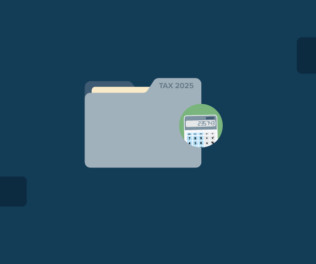California’s New Real Estate Laws for 2025: What Investors Need to Know
Beach Front Property Management
MARCH 12, 2025
For investors, understanding these changes is critical to maintaining compliance, mitigating risks, and maximizing investment potential. Property owners must navigate extended eviction processes due to updated requirements, ensuring compliance with resident protections. Subsequent inspections must be conducted every six years.












Let's personalize your content